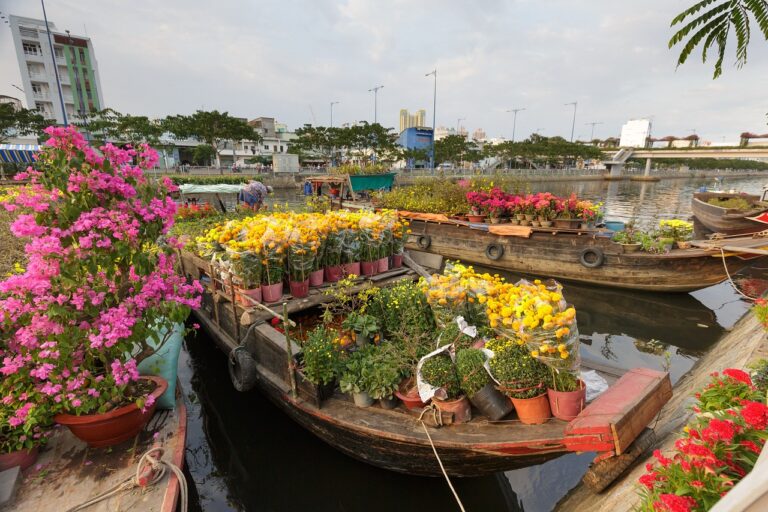The Rise of Urban Farming: Sustainable Agriculture in Cities
Urban farming brings a myriad of benefits to local communities, offering access to fresh and nutritious produce right in the heart of cities. By utilizing vacant lots, rooftops, and vertical spaces for agriculture, urban farmers can cultivate a diverse range of crops, reducing food miles and ensuring a more sustainable food system. This not only promotes food security but also strengthens the resilience of urban areas to external food supply disruptions.
Furthermore, urban farming plays a crucial role in promoting environmental sustainability by reducing the carbon footprint associated with transporting food from rural areas to cities. With the adoption of organic farming practices and the use of recycled materials for cultivation, urban farming contributes to the conservation of resources and minimizes the impact on ecosystems. This sustainable approach to food production not only benefits the environment but also educates city dwellers on the importance of supporting local agriculture for a greener future.
Challenges Faced by Urban Farmers
Urban farmers face numerous challenges in their pursuit of growing food in a city environment. Limited space is a major hindrance, as urban areas often lack the extensive land typically found in rural settings. This constraint forces urban farmers to be creative in utilizing small plots of land efficiently, sometimes resorting to vertical gardening or rooftop farming to maximize space.
Another challenge urban farmers encounter is the issue of soil quality. Urban soils are frequently contaminated with pollutants such as heavy metals, chemicals, and other harmful substances, making them unsuitable for growing crops. Farmers must invest time and resources in soil remediation efforts to ensure the safety and health of the produce grown in urban environments.







